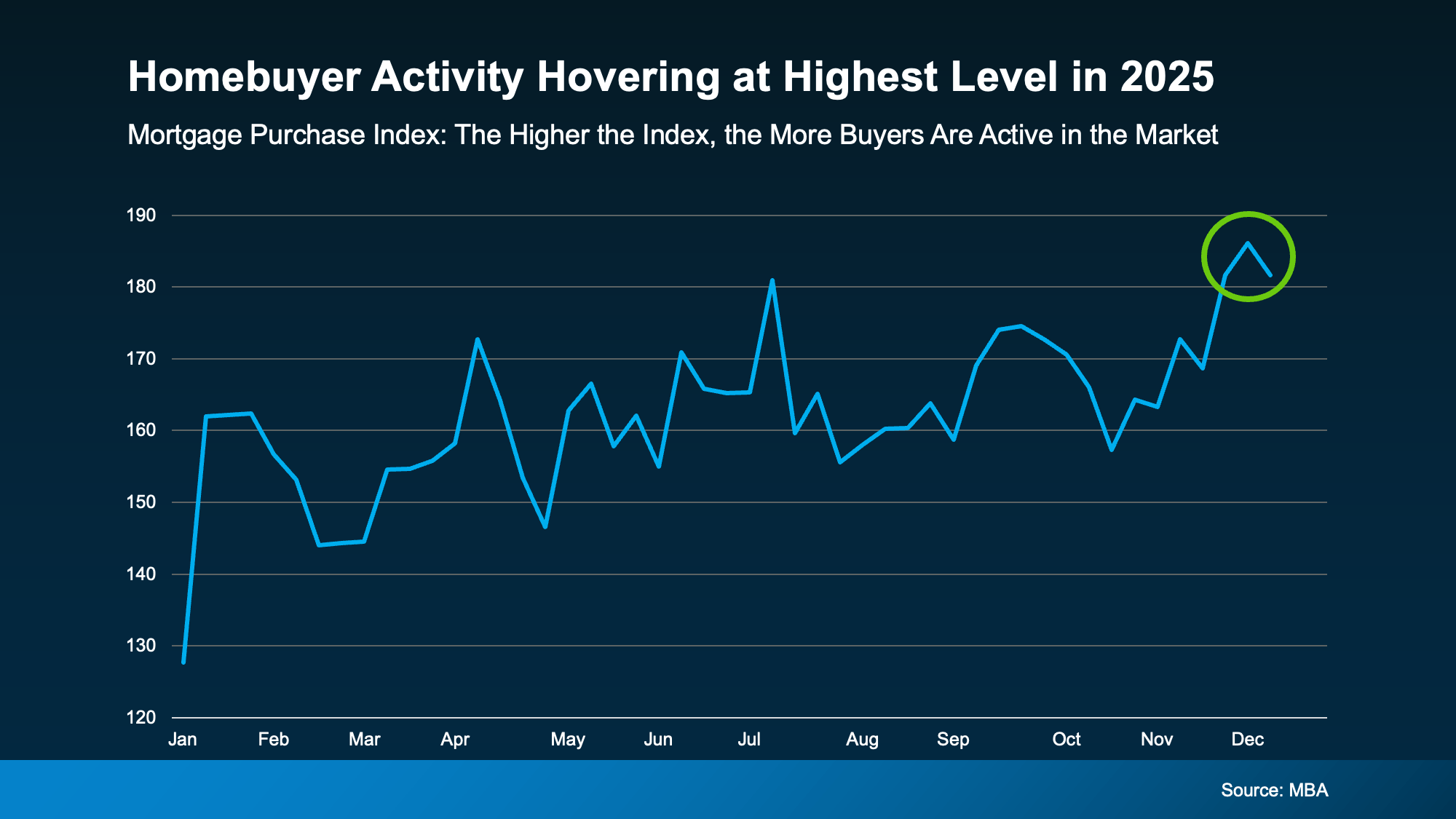What is Earnest Money in Real Estate, and How Much Do You Need in LA?
Earnest Money: Your Financial Handshake
Imagine you’re at the start of your home buying journey in Los Angeles, a city where competition for homes is fierce and every offer counts. You find the perfect place, your heart is set, and it’s time to show the seller you mean business. Enter the earnest money deposit (EMD)—your “good faith” gesture that says, “I’m serious about buying this home.” In California, and especially in LA, EMD is more than tradition; it’s a financial handshake that sets the tone for the entire transaction.
Who Holds Your Earnest Money? (Hint: Not the Seller!)
One common misconception is that your EMD goes directly to the seller. In reality, your deposit is held safely in an escrow account managed by a neutral third party. This system ensures that your money is protected and only released when all the terms of your California real estate purchase agreement are met. Escrow acts like a referee in a high-stakes game—making sure everyone plays fair and by the rules.
How Much Earnest Money Do You Need in Los Angeles?
In the competitive Los Angeles market, it’s typical for buyers to put down about 3% of the purchase price as their earnest money deposit. For a $900,000 home, that’s $27,000—a significant sum that shows sellers you’re all-in. While some buyers might offer a little less, a 3% EMD has become the standard for buyers who want to stand out in multiple-offer situations. It’s your way of saying, “I’m committed, and I have skin in the game.”
When Can You Get Your Earnest Money Refunded?
Let’s say you’ve made your offer, put down your 3%, and now you’re waiting for the next steps. The good news is, your EMD is refundable under certain conditions, thanks to contingencies built into your contract. These contingencies are your safety nets—protecting you if something unexpected comes up:
- Inspection Contingency: If a home inspection uncovers major problems and you decide to walk away, you get your deposit back.
- Appraisal Contingency: If the home doesn’t appraise for the agreed price and you can’t reach a new deal, your EMD is refunded.
- Loan (Financing) Contingency: If your mortgage falls through despite your best efforts, you’re protected.
As long as you stay within the timelines and terms of your contingencies, your earnest money is safe. Once you remove all contingencies, however, your deposit becomes non-refundable—so be sure you’re ready to fully commit before taking that step.
Using EMD as a Competitive Tool
Picture two offers on a seller’s table: one with a 1% EMD and another with 3%. The higher deposit signals to the seller that you’re not just interested—you’re ready and able to close. In LA’s fast-paced market, this can tip the scales in your favor, especially when sellers are deciding between multiple strong offers. But remember, never offer more than you’re comfortable risking, and always have your agent ensure your contingencies are airtight.
Conclusion: Confidence Through Clarity
The earnest money deposit isn’t just a line item in your contract—it’s a powerful tool that can help you win your dream home and safeguard your interests. By understanding how EMD works, how much is expected in Los Angeles, and when you’re entitled to a refund, you’ll step into your next home offer with confidence and clarity, ready to make your move in one of the country’s most exciting real estate markets.
Categories
Recent Posts










GET MORE INFORMATION

